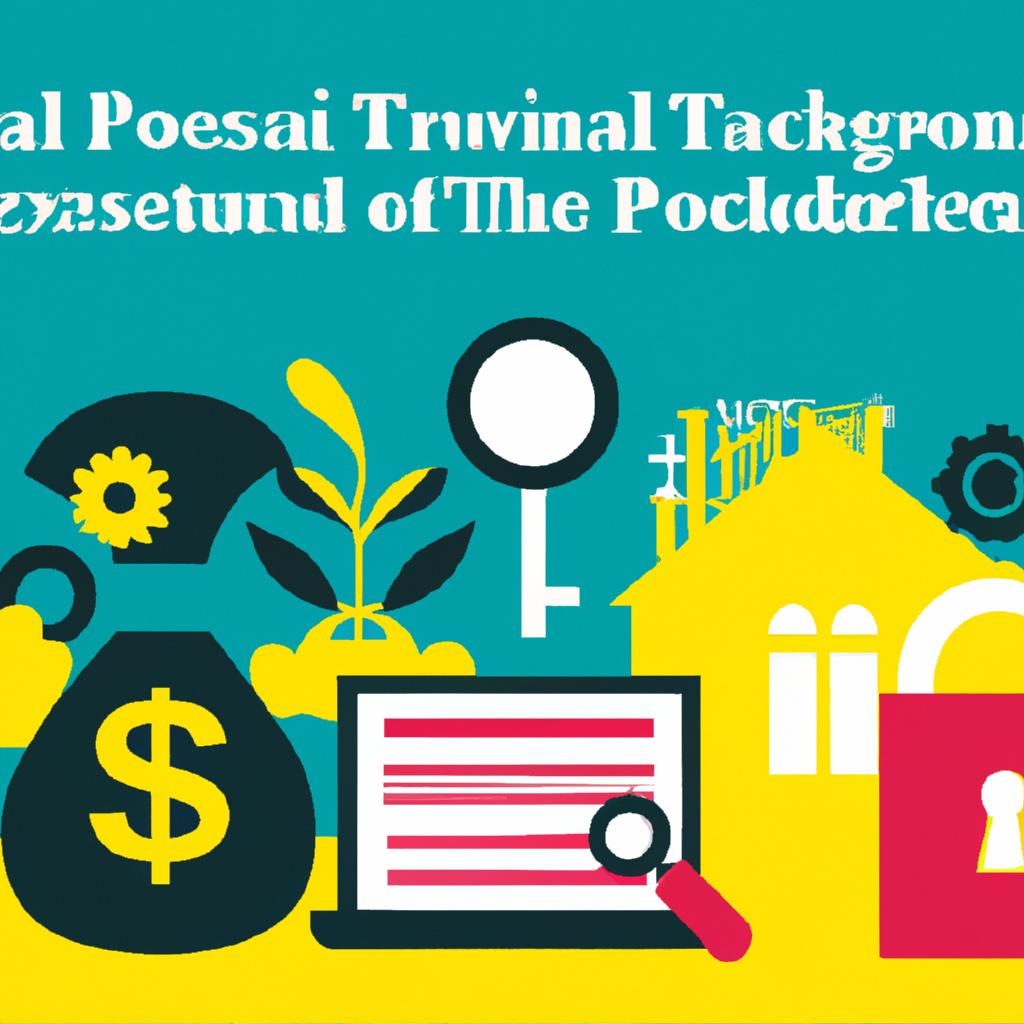The realm of property ownership involves the use of trusts to protect assets and ensure their distribution according to specific guidelines. However, the complexities surrounding capital gains tax on properties held in trust can create challenges. In this article, we will explore the nuances of capital gains tax on property held in trust, shedding light on the implications and considerations that trustees and beneficiaries must be mindful of.
Understanding the Basics of Capital Gains Tax on Property in Trust
Capital gains tax applies to the profit made from selling an asset that has increased in value since its purchase. When it comes to property held in trust, the tax implications can vary depending on several factors.
Ownership
Property held in trust is not owned by an individual, but by the trust itself. This means that any capital gains tax will be calculated based on the trust’s ownership of the property.
Taxable Gain
The taxable gain on a property held in trust is calculated by subtracting the property’s original purchase price from the sale price. This gain is then subject to capital gains tax at the prevailing rate.
Annual Exemption
Each trust is entitled to an annual capital gains tax exemption, which can help reduce the tax liability on the property sale.
Consideration for Calculating Capital Gains Tax on Trust Property
Key Considerations:
Trustee’s Responsibility
The trustee of the trust is responsible for reporting and paying any capital gains tax on trust property. It’s important for the trustee to keep accurate records and stay up to date on tax laws.
Beneficiary Taxation
When trust property is sold, the beneficiary may be responsible for paying capital gains tax on their share of the proceeds. This can have implications for estate planning and distribution of assets.
Principal Residence Exemption
If the trust property is a principal residence, the trust may be eligible for the principal residence exemption, which could significantly reduce the amount of capital gains tax owed.
Strategies for Minimizing Capital Gains Tax Liability on Trust Property
One effective strategy for minimizing capital gains tax liability on property held in trust is to take advantage of the stepped-up basis rule. Another strategy is to consider making charitable donations of appreciated trust property. Utilizing a like-kind exchange, also known as a 1031 exchange, can be another effective strategy for deferring capital gains tax on trust property.
Exploring the Implications of Capital Gains Tax on Trust Property for Estate Planning
Understanding the implications of capital gains tax on property held in trust is crucial for estate planning. It’s important to work with a qualified estate planning attorney or tax professional to develop a strategy that minimizes the impact of capital gains tax on trust property.
Wrapping Up
Navigating the complexities of capital gains tax on property held in trust requires careful consideration and expertise. With the potential for significant financial implications, seeking advice from qualified professionals is crucial to ensure compliance and maximize opportunities for tax efficiency. Understanding the nuances of capital gains tax in trust structures is essential for making informed decisions and managing tax obligations effectively in the world of property taxation. Thank you for joining us on this journey through the realm of capital gains tax on property held in trust.
 # Unlocking the Potential: Understanding Capital Gains Tax on Trust-held Property
# Unlocking the Potential: Understanding Capital Gains Tax on Trust-held Property
If you are a trustee or beneficiary of a trust that holds property, it is essential to have a clear understanding of capital gains tax (CGT) implications. CGT is a tax imposed on the profits made from selling or disposing of an asset that has increased in value. When it comes to trust-held property, there are specific rules and regulations that trustees and beneficiaries need to be aware of to navigate the tax landscape effectively.
– A trust is a legal entity that holds assets for the benefit of specific individuals or organizations.
– Trusts can be classified as discretionary trusts, unit trusts, or hybrid trusts, with each having its own taxation implications.
– CGT is triggered when a trust-owned property is sold, gifted, or otherwise disposed of.
– The tax is calculated based on the difference between the property’s purchase price and the sales price.
– The CGT rate for trust-held property is typically the same as for individuals.
– However, special rules apply to individuals in some cases, especially in discretionary trusts.
– The main residence exemption allows individuals to exclude their primary residence from CGT when selling it.
– Trusts do not benefit from the main residence exemption, making them subject to CGT on all property sales.
– Trusts provide a structured way to hold and manage property assets.
– Trusts offer asset protection and estate planning benefits for beneficiaries.
– Keep detailed records of property purchases, improvements, and sales for CGT calculations.
– Seek professional advice from tax advisors or accountants specializing in trust structures.
– The Smith Family Trust holds a portfolio of rental properties in Sydney, Australia.
– The trustees are Mr. and Mrs. Smith, with their two children as beneficiaries.
– When the Smith Family Trust decides to sell a rental property, CGT will apply.
– The trustees must calculate the CGT liability based on the property’s purchase price and sales price.
When my family trust decided to sell a commercial property last year, we were initially overwhelmed by the complex CGT rules. However, with the help of our trusted tax advisor, we were able to navigate the process smoothly and minimize our tax liability. Keeping detailed records and seeking expert advice were key to our success in unlocking the full potential of our trust-held property.
understanding CGT on trust-held property is crucial for trustees and beneficiaries to make informed decisions and maximize their financial outcomes. By following the rules and seeking professional guidance where necessary, you can unlock the full potential of your trust assets and navigate the CGT landscape with confidence. Remember to keep detailed records, stay updated on tax regulations, and consult with experts to ensure compliance and efficiency in managing trust-held property.


